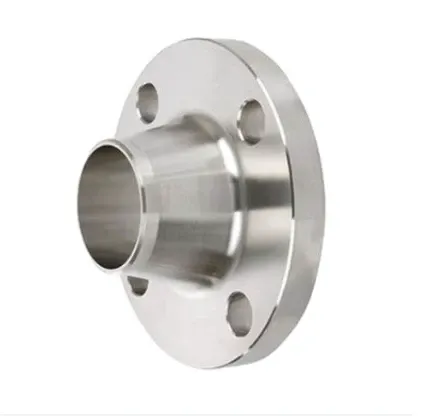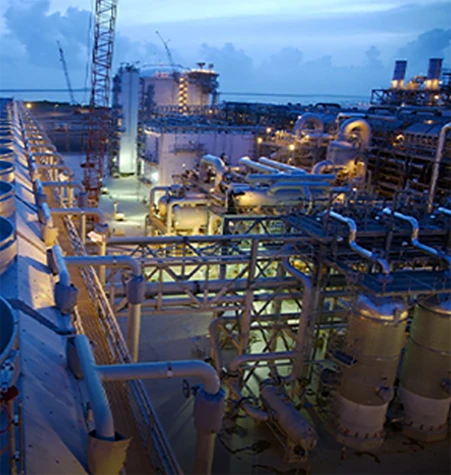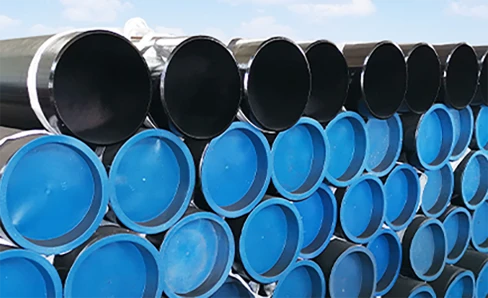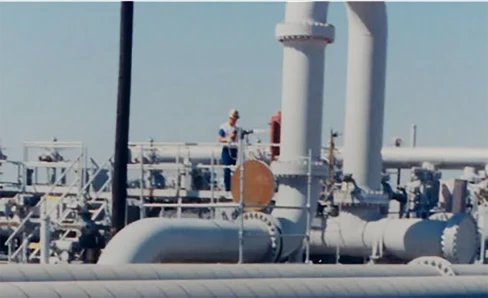Oil and Gas Industry
In the exploration, production, refining, and transportation of oil and gas, flanges are used extensively. In oil wells, flanges connect the wellhead equipment to the production tubing, allowing for the extraction of crude oil and natural gas. They are also used in pipelines that transport oil and gas over long distances. The high - pressure and corrosive nature of the substances being transported require flanges that can withstand extreme conditions. For example, in offshore oil platforms, flange - connected pipes are subjected to harsh marine environments, including saltwater corrosion, wave - induced vibrations, and high winds. The flanges used in such applications must have excellent corrosion resistance and mechanical strength to ensure the safety and reliability of the operation.
Chemical Processing
Chemical plants handle a wide variety of corrosive and hazardous chemicals. Flanges are used to connect reactors, storage tanks, pumps, and piping systems that transport acids, alkalis, solvents, and other reactive substances. The ability to provide a reliable seal is of utmost importance in these applications to prevent chemical leaks that could lead to environmental pollution, equipment damage, and safety hazards. Different types of flange materials and gasket materials are selected based on the specific chemical being handled. For example, in a plant that manufactures hydrochloric acid, flanges made of Hastelloy or other corrosion - resistant alloys are used to connect the acid - handling equipment to ensure the integrity of the system and the safety of the workers.
















